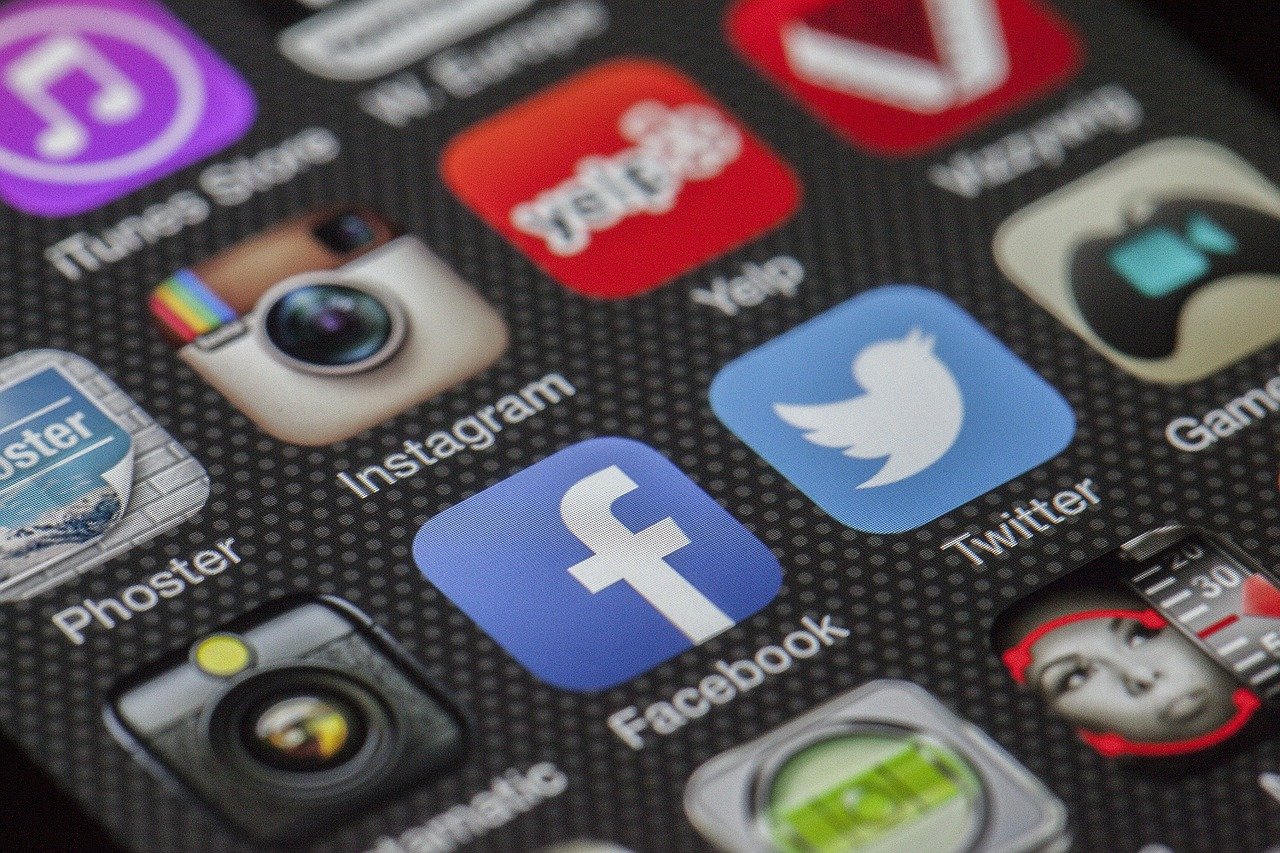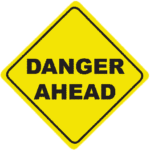The conventional wisdom among social-media experts is that social media is neither good nor bad; rather it is how social media is used that determines whether it is life affirming or life damaging. These same social-media experts (myself included) have been reluctant to speak strongly against these technology platforms for fear of being labeled a Luddite, anti-tech, or an extremist crackpot who wished for an electromagnetic pulse to destroy the internet (Jessica Alba pop culture reference intended). So, we present a “fair and balanced” perspective that highlights both the benefits and costs. The problem with this seemingly reasonable approach is that it has caused a false equivalency about social media, suggesting that its upsides and downsides carry equal weight. But, having seen all the ills that social media hath wrought over the last decade, I’ve finally had it with this “safe” approach. It’s time to state what many know to be true: social media has become an existential threat to free, civilized, and democratic society.
Social media didn’t start out to this way. Mark Zuckerberg, the emotionally obtuse founder and CEO of Facebook, started “The Facebook” as a way to connect students at Harvard and, later, as its mission statement declares, “to give people the power to build community and bring the world closer together.” Well, folks, that ship sailed a long time ago. Social media hasn’t lived up to its potential because its creators, like Dr. Frankenstein, didn’t know that they were creating a monster that they couldn’t control, couldn’t have foreseen how it would be used, and didn’t consider the truly pernicious impact it would have at every level of society. They never thought social media would stray from far from the idyllic pastures of Silicon Valley from which it was birthed.
As the so-called Facebook Papers, leaked by the whistleblower, Frances Haugen, so damningly laid bare, when the leaders of Facebook (and the other social media platforms) realized how social media was being used, they willfully ignored it because feeding the online frenzy was immensely profitable. There were no attempts to staunch the bleeding until public outrage forced them to take publicity-driven steps to combat its abuse. Zuckerberg and Facebook showed themselves to be the morally corrupt exemplar of social media in 2021, but he and it were far from alone.
Many people liken social media to a tool that people can use any way they want (I used to as well). When I think of tools, I think of hammers, screwdrivers, and computer-assisted design software. Tools are inert, have no awareness or intention, and can’t act on their own. Their only value comes when someone chooses to use the tool for some specific purpose and the user controls the tool.
But, as Tristan Harris, the reformed techie and founder of the Center for Humane Technology, suggested in the docu-drama, Social Dilemma, social media is not a tool. Social media is aware. Through its sensors, databases, and algorithms, it knows when users are engaged, what they are engaged in, and for how long they are engaged.
Social media has intention. Its aim is to increase engagement through the use of pings, vibrations, likes, loves, thumbs up, and other reinforcers (or their absence).
Social media acts. When it senses disengagement, it provokes re-engagement through, for example, the feed of followers and “relevant” content as determined by the algorithms created by the social media whose sole purpose is to increase engagement regardless of its quality or actual relevance.
Social media evokes emotions. It manipulates our emotions, causing us to feel happy, excited, angry, disappointed, depressed, dejected, and much more.
Social media provokes reactions. In these highly emotional states (social media doesn’t care if the emotions are positive or negative, though anger is the most provocative emotion), it motivates further engagement.
Ultimately, social media is designed to control. “Persuasive technology” was developed for the singular purpose of manipulating the way we think, feel, and behave with the singular goal of making more money for its shareholders.
Please don’t get me wrong; I don’t think that social media is entirely devoid of merit. In its early iterations and to this day, social media is used positively for connecting people, having ready access to information, educating, inspiring civic engagement, promoting businesses, and providing readily available entertainment.
But I think it’s fair to say that the bad far outweighs the good, if not in frequency, then certainly in intensity and harm. Misinformation, disinformation, fear mongering, political manipulation, intimidation, bullying, racism, misogyny, oppression, invasion of privacy, cybersecurity threats, tech addiction, and the deleterious effects on mental health are just a few of the ways that social media hurts people and acts as a cancer on civilized society.
The truly harmful aspect of this list is that these horrors aren’t unintended consequences of new technology or a flaw in the design; rather, for the oligarchy of Big Tech, it is proof of concept, affirmation of how successful the designs are.
At the heart of what makes social media an existential threat to civilized society is that Big Tech doesn’t care; it prioritizes profit even in the face of overwhelming evidence of the harm it is causing at every level of society. This morally corrupt motivation justifies any and all means including evasion, deflection, obfuscation, denial, blaming, deception, manipulation, power, control, tyranny, and disregard for decency and the public good. The end result of which is individual suffering and the steady erosion and ultimate destruction of the values, practices, and institutions that are the life blood of a civilized and democratic society.




